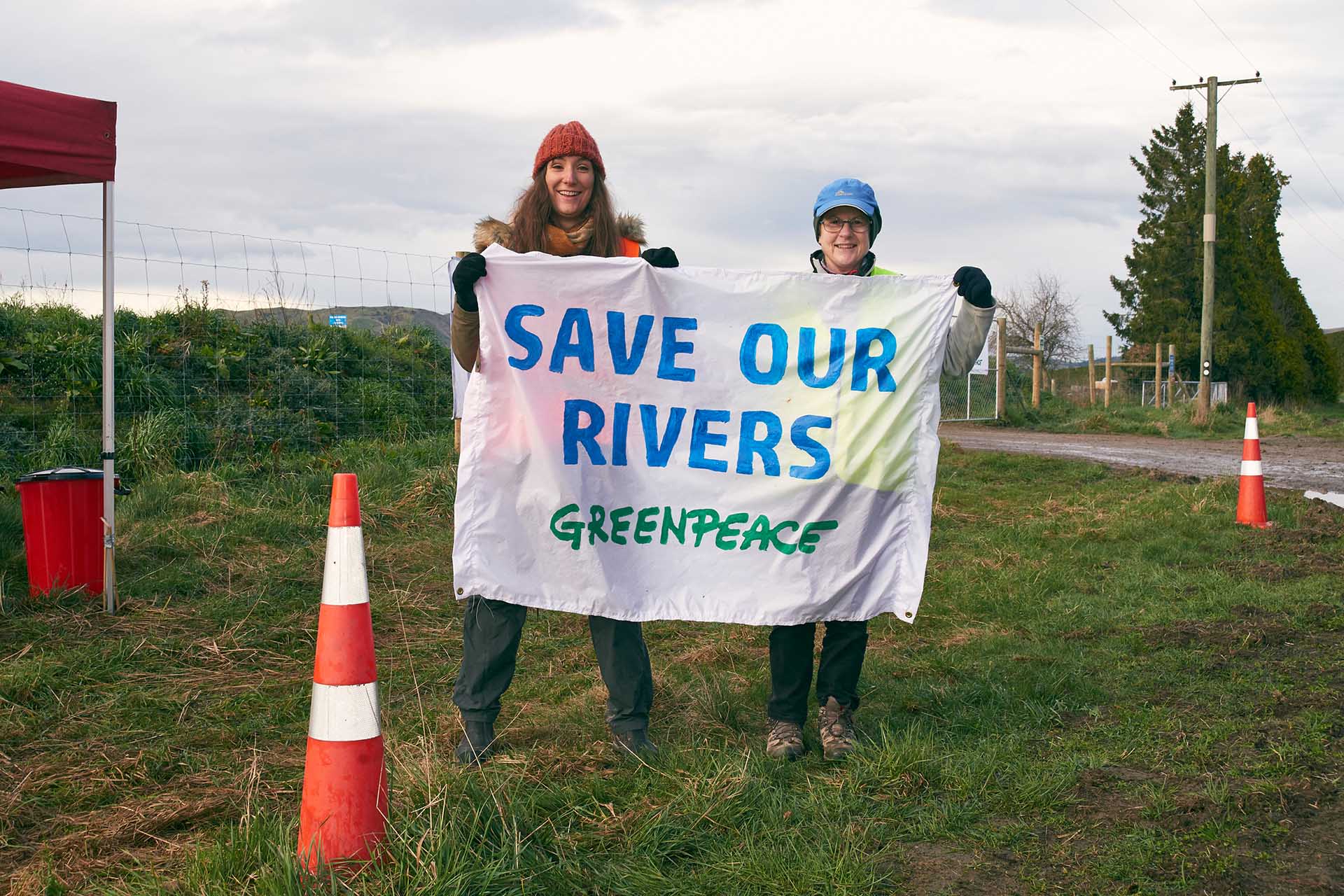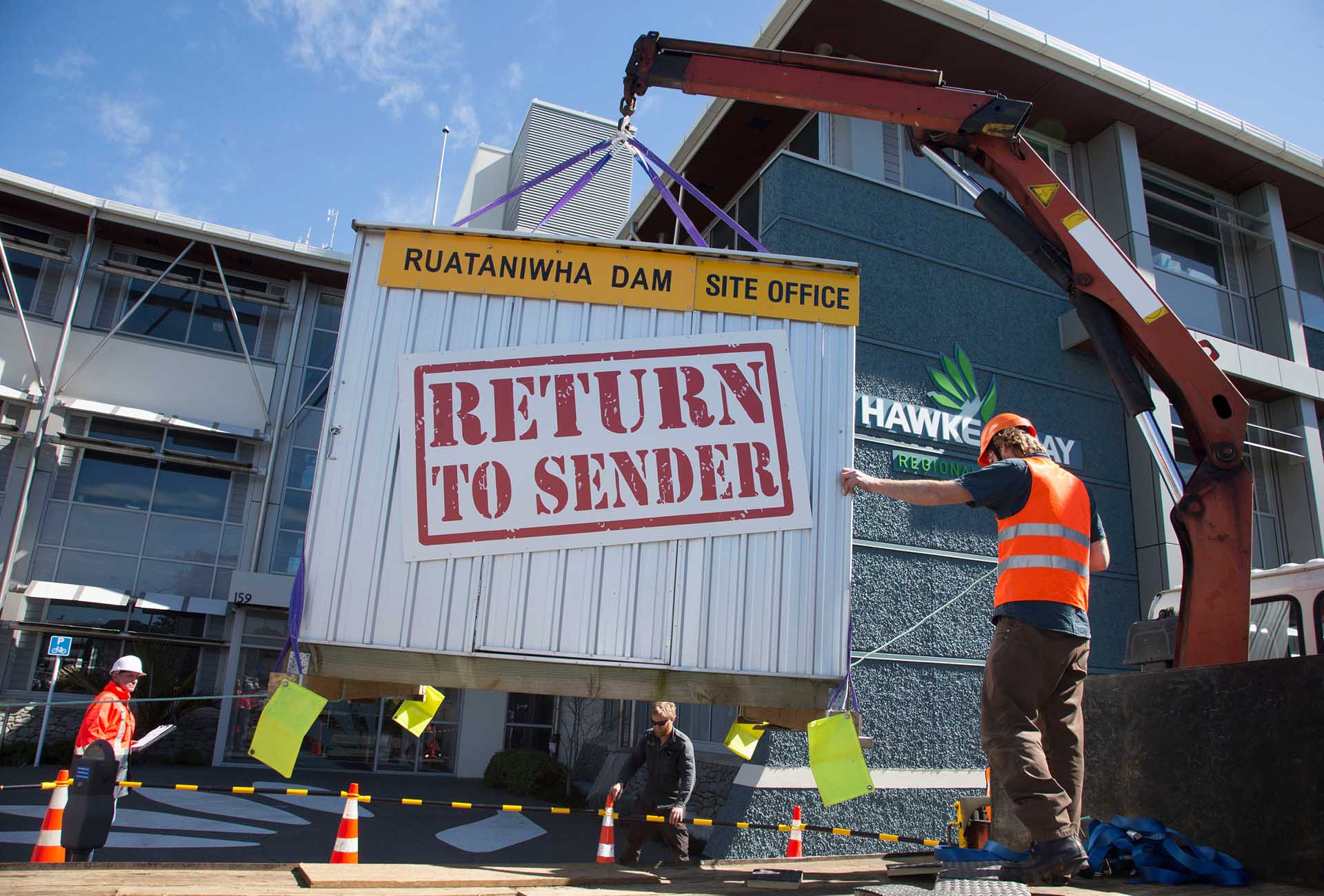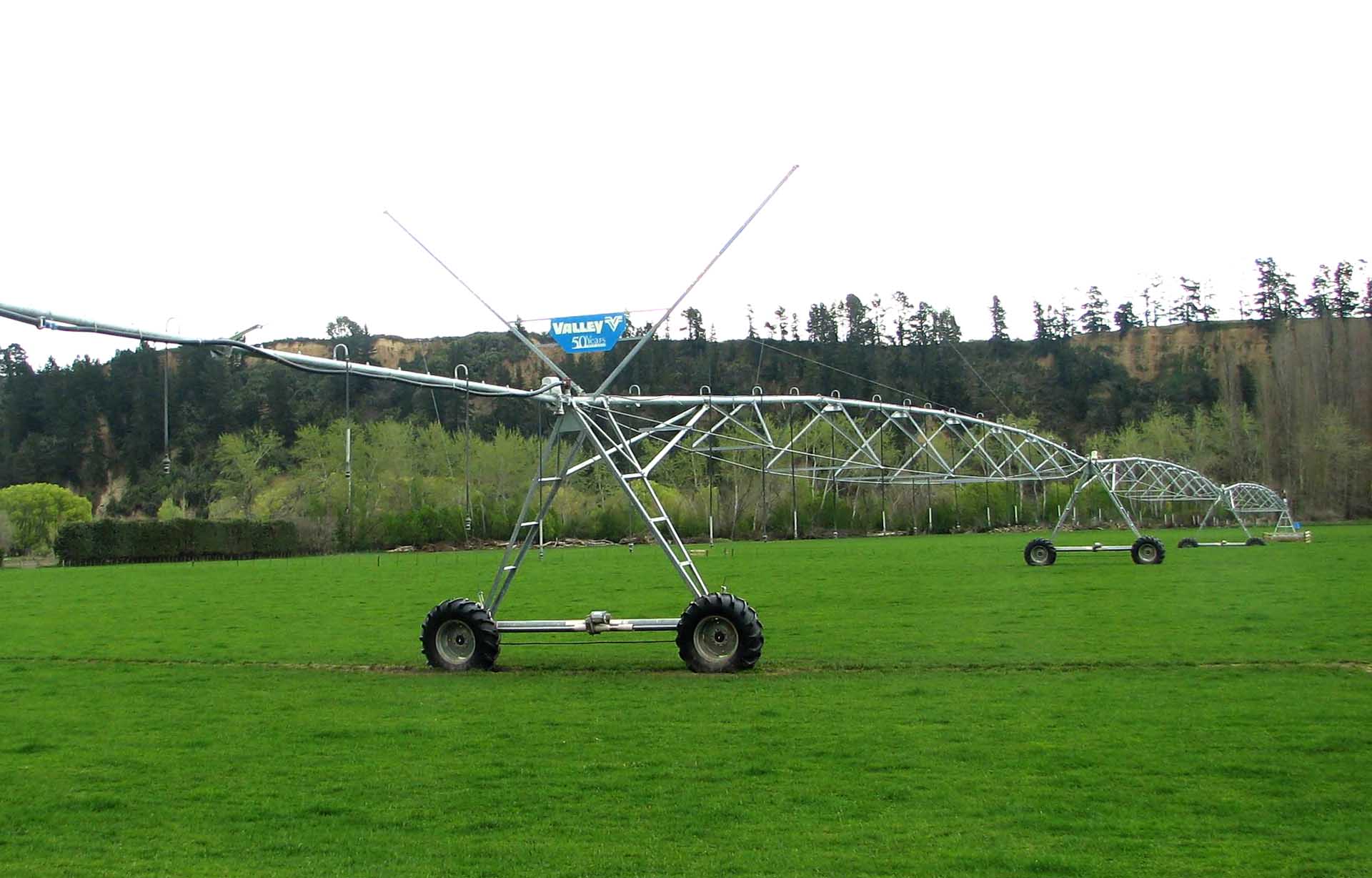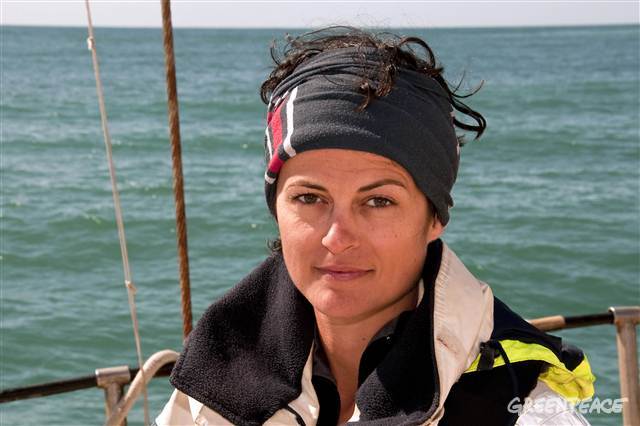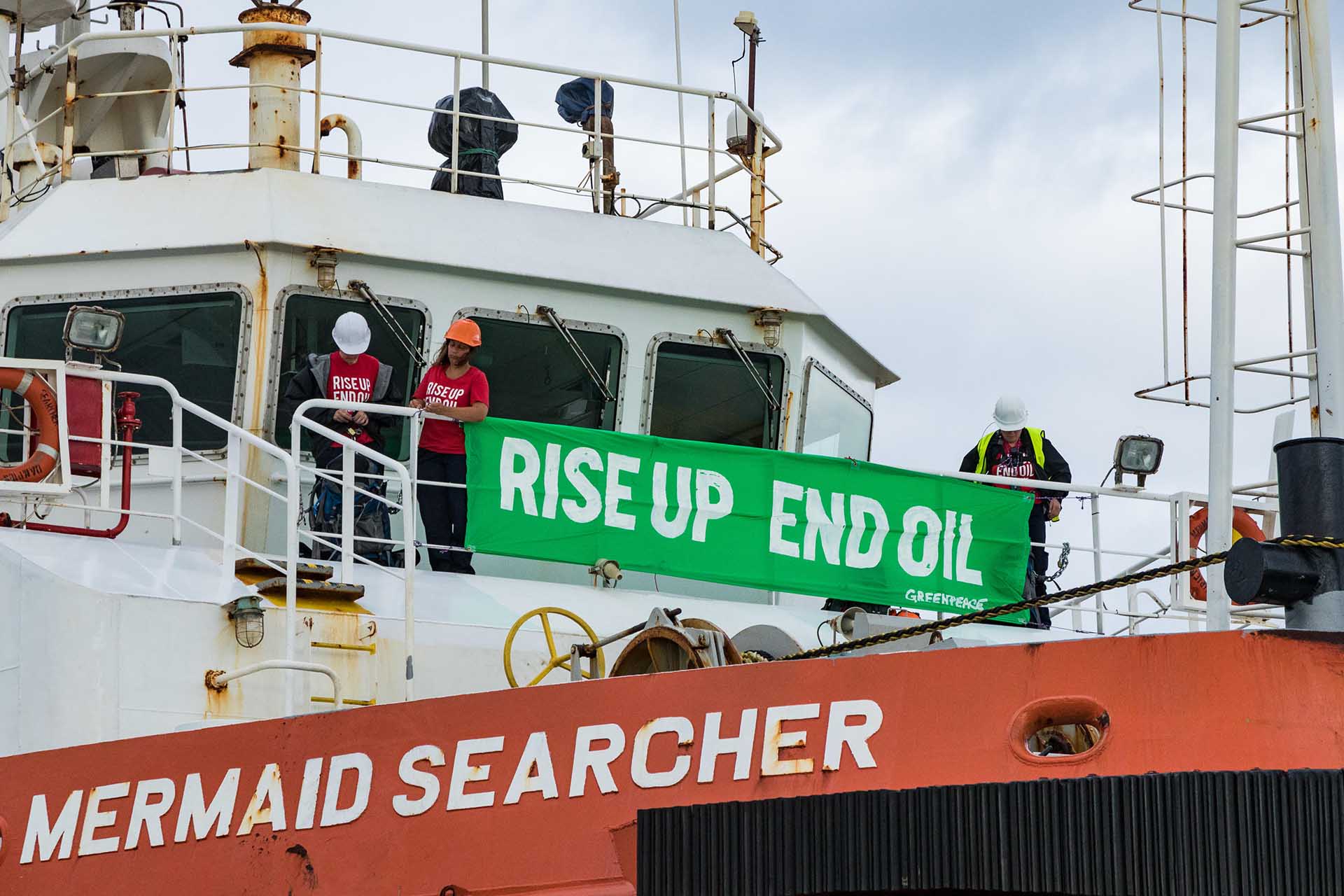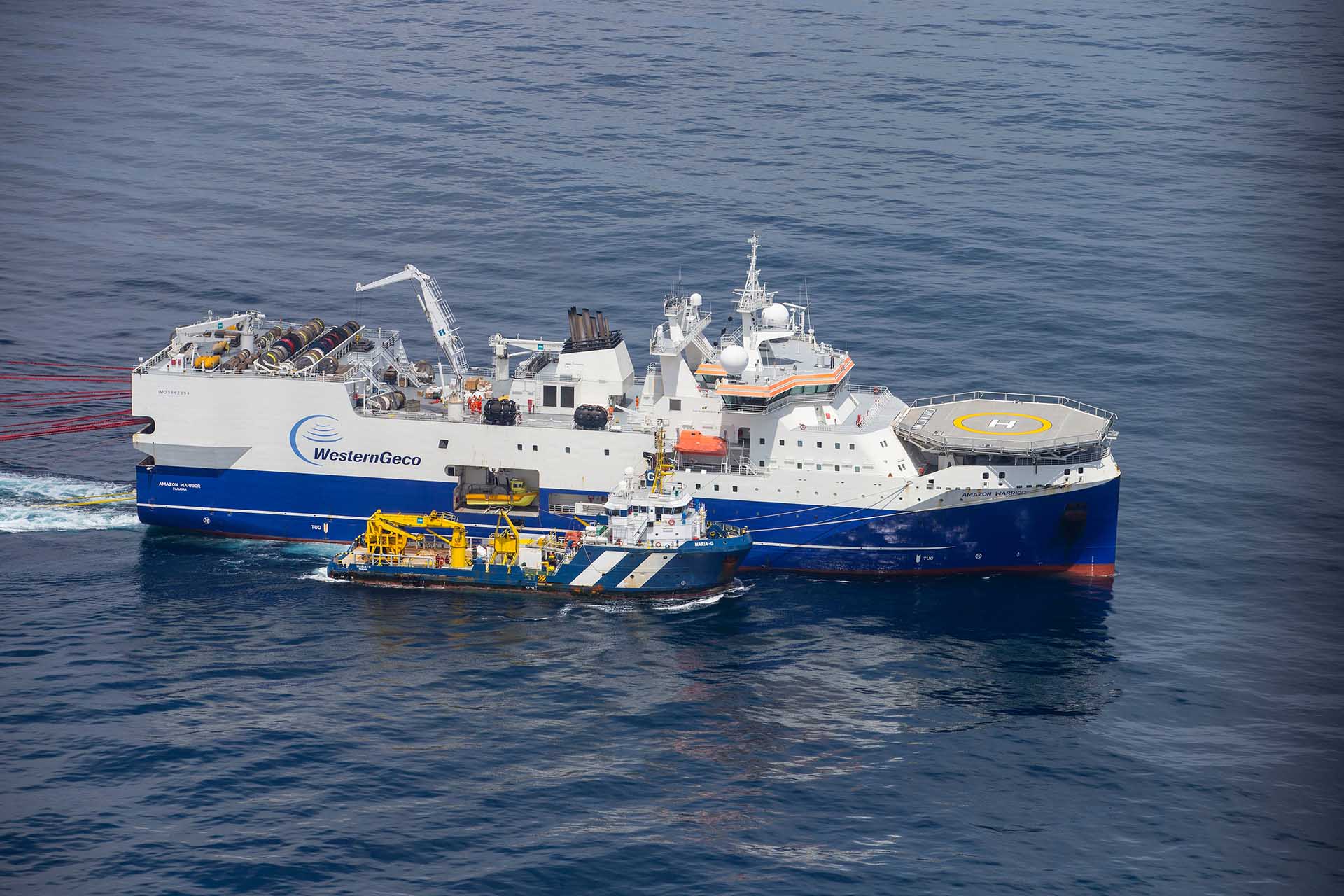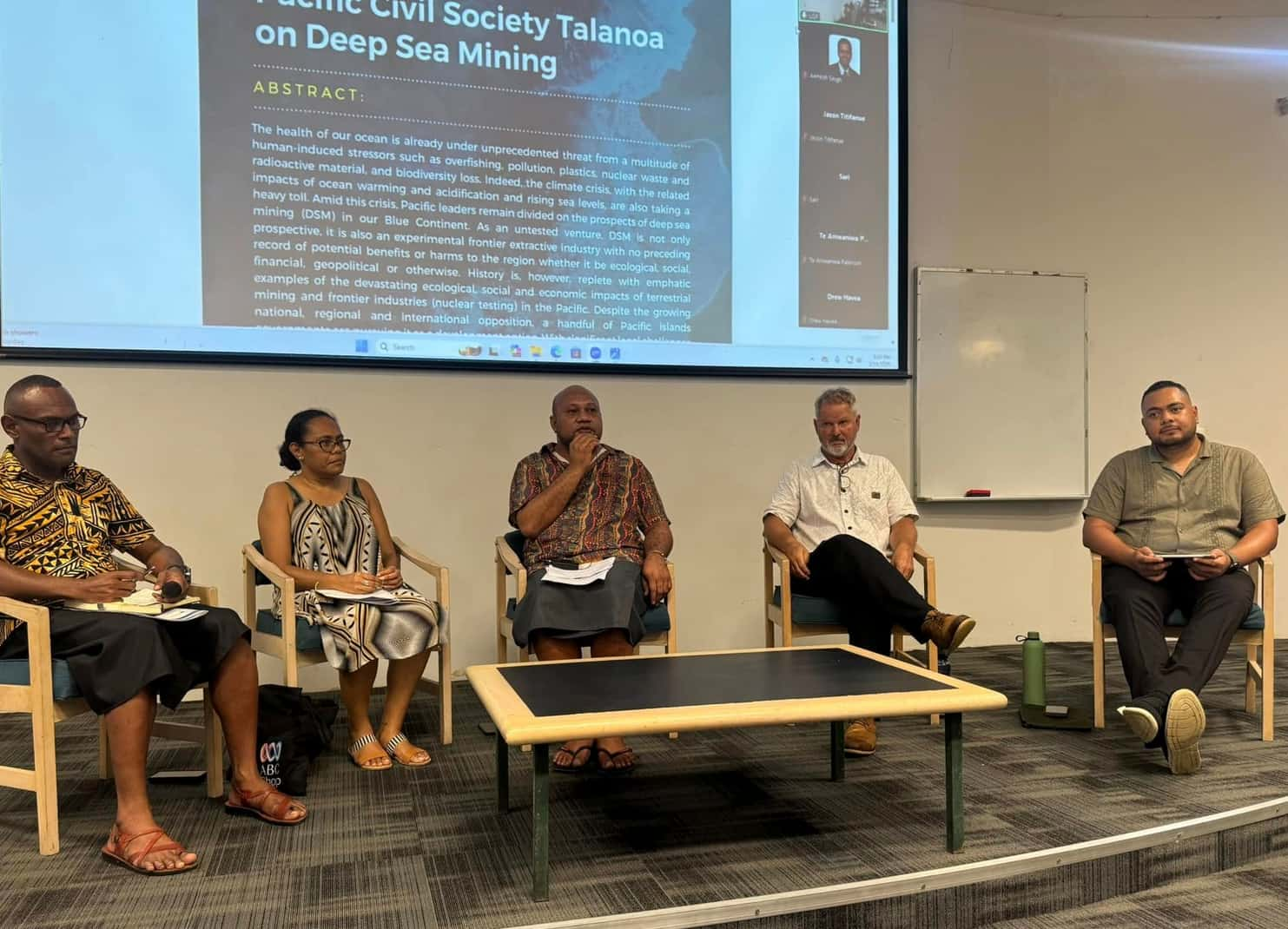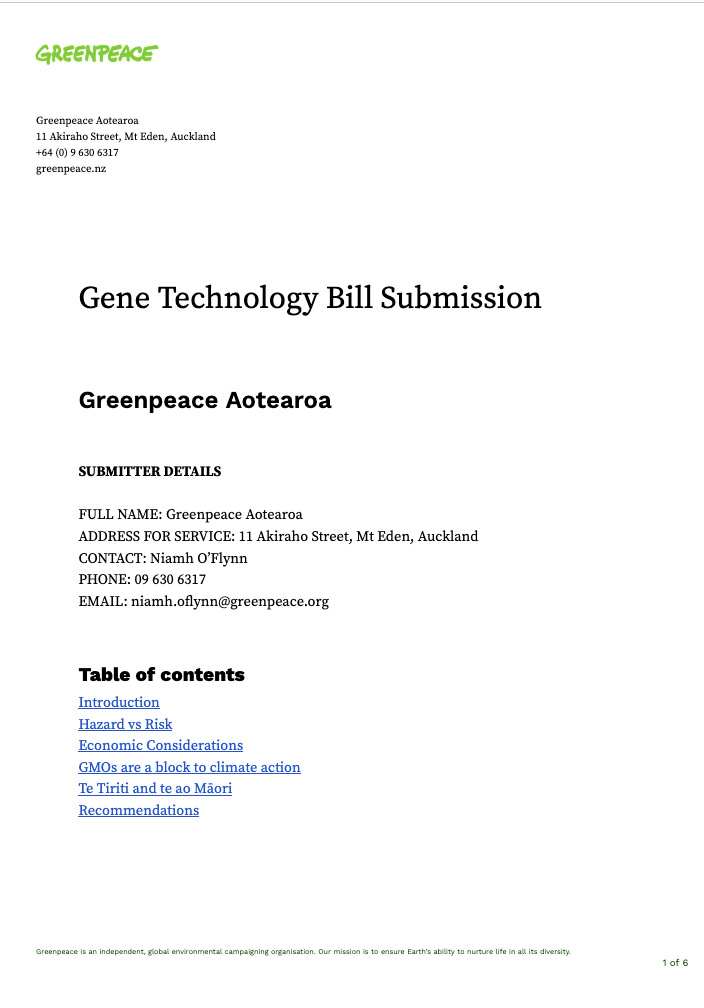-
Continued oil search undermines Ardern’s Pacific climate pledge
Greenpeace commends Prime Minister Jacinda Ardern for pledging to increase climate assistance to Pacific nations, but says if Ardern is serious about tackling the issue, she must also put an end oil and gas exploration immediately.
-
Three myths the electricity industry wants you to believe about solar
MYTH 1: Solar is only for the richThe most common argument we hear against solar energy is that encouraging it will somehow widen the gap between rich and poor. The logic goes that because “only rich people can afford solar”, the so-called poor people without it will then have to pay a larger share of…
-
Greenpeace calls out Shane Jones for muddying the waters
Greenpeace is calling out the new labour-led government for muddying the waters on its promise to end state funding of irrigation and clean up rivers.
-
BREAKING: Greenpeace uplifts Ruataniwha dam site office – returns to sender
Greenpeace has uplifted the site office of the proposed Ruataniwha Dam and delivered it to the Hawke’s Bay Regional Council offices in Napier.
-
Big Irrigation’s “death-grip” costs farmers more than water charge would: Greenpeace
“Farming leadership and politicians are scaremongering by using false facts on water pricing proposals in their latest effort to keep the dairy industry free of accountability for polluted rivers,” says Greenpeace’s Senior Campaign Advisor Steve Abel.
-
Vanessa’s blog: seismic events at sea
First Contact We headed out of Whangaparoa at Cape Runaway under a gloomy sky at sunset on Sunday. The wind was building and as were our nerves as the next…
-
Climate activists locked on oil supply ship threatened with “draconian” Anadarko Amendment
Wednesday, January 31: Police have warned climate activists currently locked onto an offshore oil exploration support ship in the Port of Taranaki that officials from the Ministry of Business Innovation and Employment (MBIE) are travelling from Wellington to charge them under the 'Anadarko Amendment'.
-
Expect resistance: Greenpeace warning to Amazon Warrior
Greenpeace has issued a warning to the world’s biggest seismic blasting ship upon its arrival in New Zealand waters this morning.
-
Pacific civil society groups send clear message to ban deep sea mining
A broad group of Pacific civil society groups are calling for an outright ban on deep sea mining.
-
Gene Technology Bill Submission
In the early 2000s, the GE Free NZ movement successfully fended off the release of Genetically Engineered organisms into our food and the environment. We insisted on a precautionary approach…


